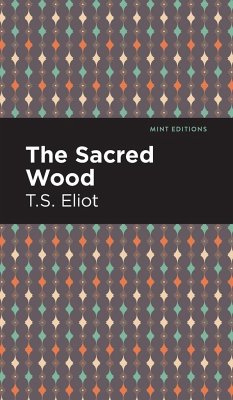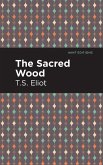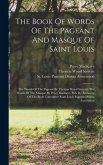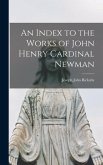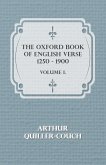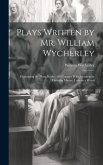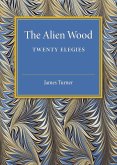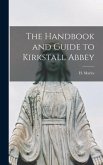The Sacred Wood: Essays on Poetry and Criticism (1920) is a collection of essays by T.S. Eliot. Although Eliot is primarily recognized as one of the twentieth century's leading English poets, he was also a prolific and highly influential literary critic. This collection, which includes essays on Algernon Charles Swinburne, Hamlet, William Blake, and Dante, is central to Eliot's legacy and vision of art. In "Tradition and the Individual Talent," Eliot sheds light on his vision of the role of poet with respect to tradition. Well-versed in classical poetry, Eliot possessed a dynamic vision of poetic tradition that viewed the working poet as an extension of those who came before. The role of the poet, then, is to innovate while remaining in conversation with poets throughout history, to remain "impersonal" by surrendering oneself to a process involving countless others. In "Hamlet and His Problems," Eliot provides a critical reading of Shakespeare's iconic tragedy arguing that both the play and its main character fail to accomplish the playwright's true intention. Coining the concept of the "objective correlative," referring to the expression of emotion through a grouping of things or events, Eliot's essay is a landmark in literary scholarship central to the formalist movement known as the New Criticism. Concluding with essays on Blake and Dante, important spiritual and formal forebears for Eliot, The Sacred Wood: Essays on Poetry and Criticism is central to T.S. Eliot's legacy as a leading intellectual and artist of the modern era. This edition of T.S. Eliot's The Sacred Wood: Essays on Poetry and Criticism is a classic of English literature reimagined for modern readers. Since our inception in 2020, Mint Editions has kept sustainability and innovation at the forefront of our mission. Each and every Mint Edition title gets a fresh, professionally typeset manuscript and a dazzling new cover, all while maintaining the integrity of the original book. With thousands of titles in our collection, we aim to spotlight diverse public domain works to help them find modern audiences. Mint Editions celebrates a breadth of literary works, curated from both canonical and overlooked classics from writers around the globe.
Hinweis: Dieser Artikel kann nur an eine deutsche Lieferadresse ausgeliefert werden.
Hinweis: Dieser Artikel kann nur an eine deutsche Lieferadresse ausgeliefert werden.

